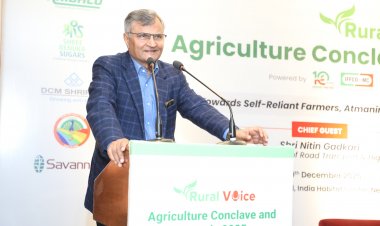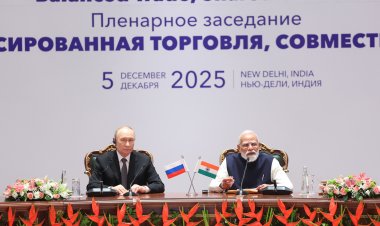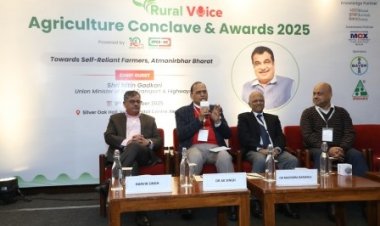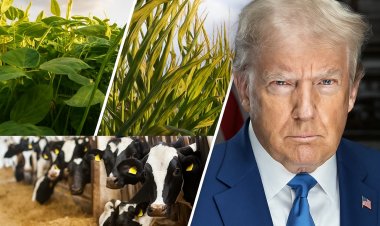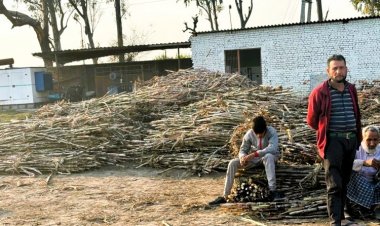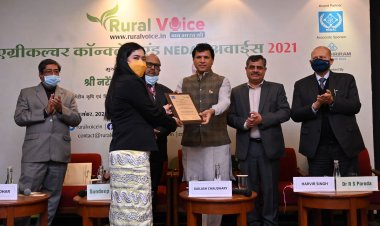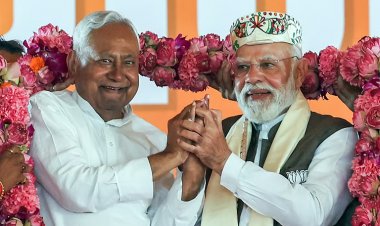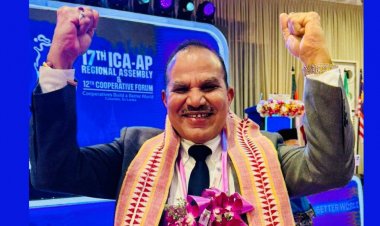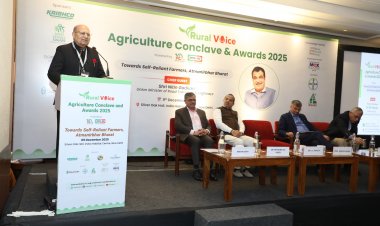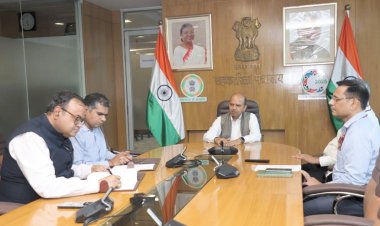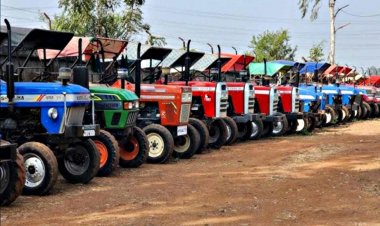Father of India’s Green Revolution M S Swaminathan dead
Legendary agricultural scientist Mankombu Sambasivan Swaminathan, popularly known as MS Swaminathan, died at the age of 98 in Chennai on Thursday. Swaminathan, who had earned the sobriquet of 'Father of India’s Green Revolution', was 98 and is survived by three daughters. The celebrated agriculture icon was being treated for age-related illness for quite some time, M S Swaminathan Research Foundation sources said.
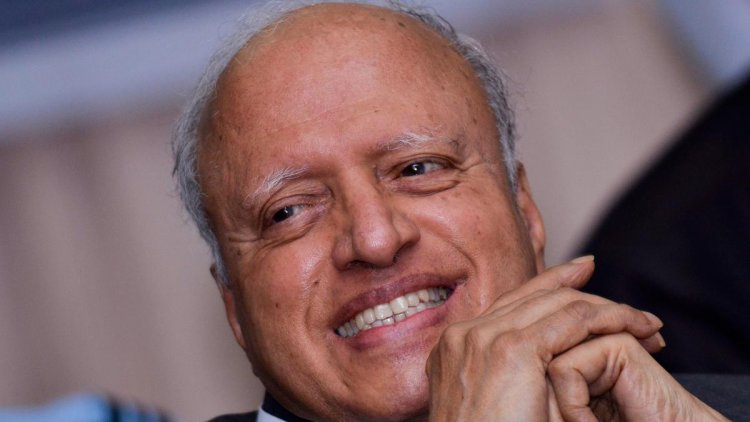
Legendary agricultural scientist Mankombu Sambasivan Swaminathan, popularly known as MS Swaminathan, died at the age of 98 in Chennai on Thursday. Swaminathan, who had earned the sobriquet of 'Father of India’s Green Revolution', was 98 and is survived by three daughters. The celebrated agriculture icon was being treated for age-related illness for quite some time, M S Swaminathan Research Foundation sources said.
Swaminathan, who was also known as the "Father of Economic Ecology" by the United Nations Environment Programme, worked closely with agriculture ministers including C Subramaniam and Jagjivan Ram during 1960s and 70s for the success of the 'Green Revolution' - an initiative that paved the way for exponential rise in productivity of wheat and rice through adaptation of chemical-biological technology.
For developing and spearheading the introduction of high-yielding wheat and rice varieties into India, he was awarded the first World Food Prize in 1987 following which he set up the MS Swaminathan Research Foundation in Chennai.
Swaminathan was also awarded with Ramon Magsaysay Award in 1971 and the Albert Einstein World Science Award in 1986. Swaminathan was instrumental in developing high-yielding varieties of paddy that helped ensure India’s low-income farmers produce more yield.
Born on August 7, 1925 in Tamil Nadu’s Thanjavur district, he was an agronomist, agricultural scientist, plant geneticist, administrator, and humanitarian who played a crucial role in developing high-yielding varieties of paddy that helped ensure India’s low-income farmers produce more yield.



 Join the RuralVoice whatsapp group
Join the RuralVoice whatsapp group

















